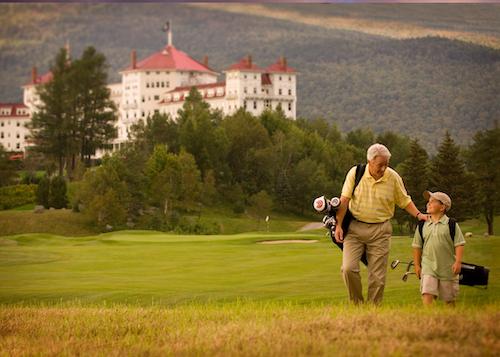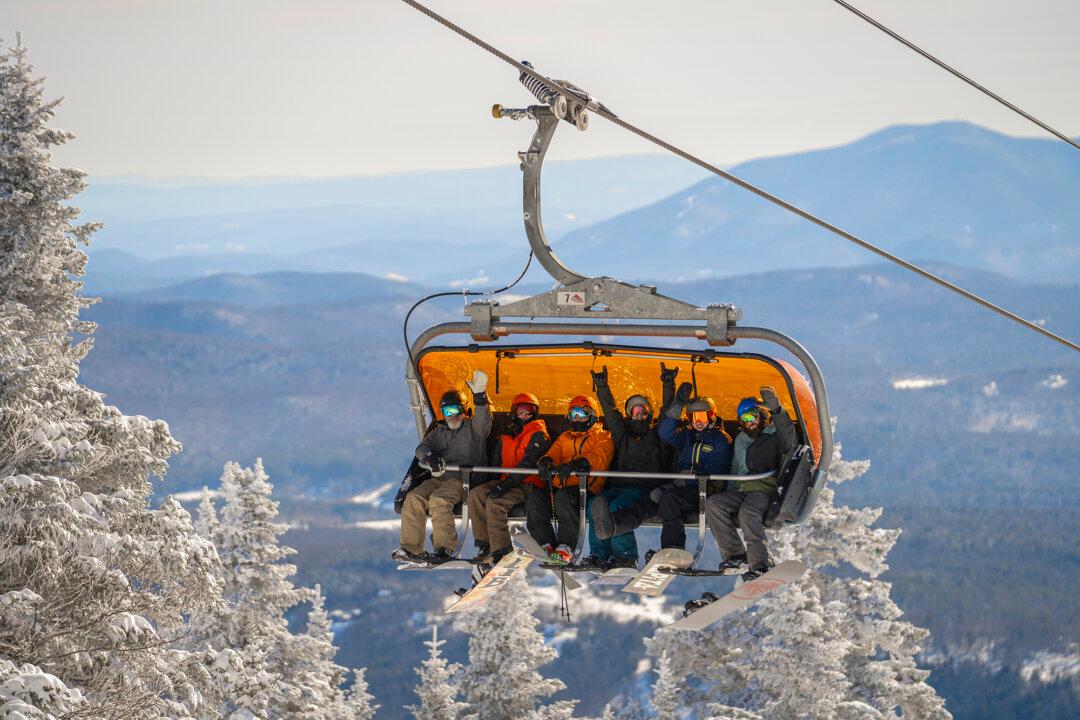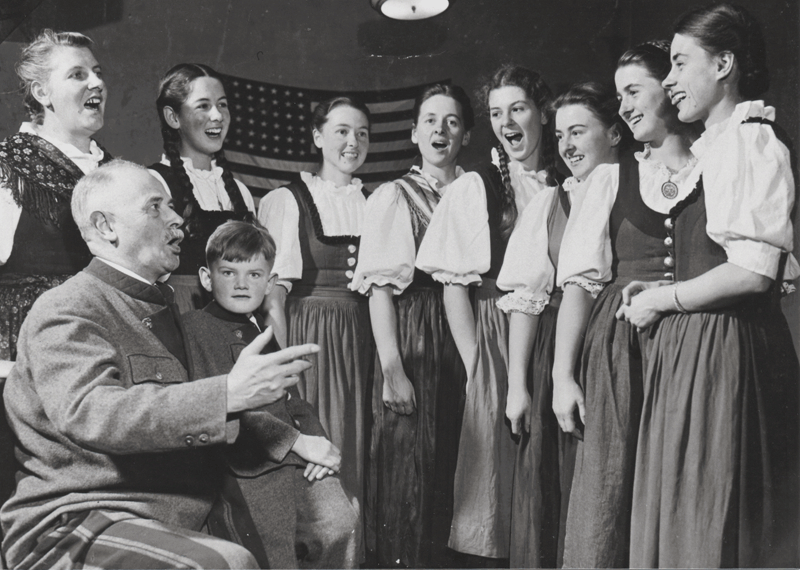“Live Free or Die!” is written on the “Welcome to New Hampshire” road sign that we passed upon entering the state.
Freedom was the overwhelming sensation as our road trip culminated onto the long driveway of the Omni Mount Washington Resort as its white façade and gleaming red-roof came into full view backdropped by New England’s largest mountain. Though we had seen pictures on the website, they simply can’t capture the scale and grandness of being here.






